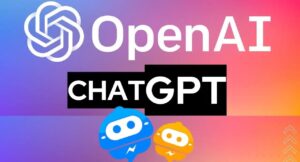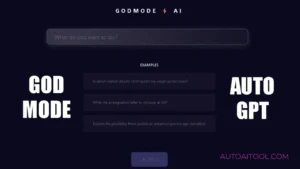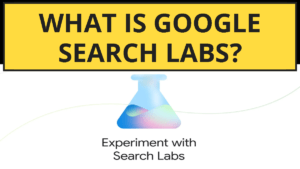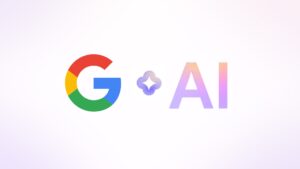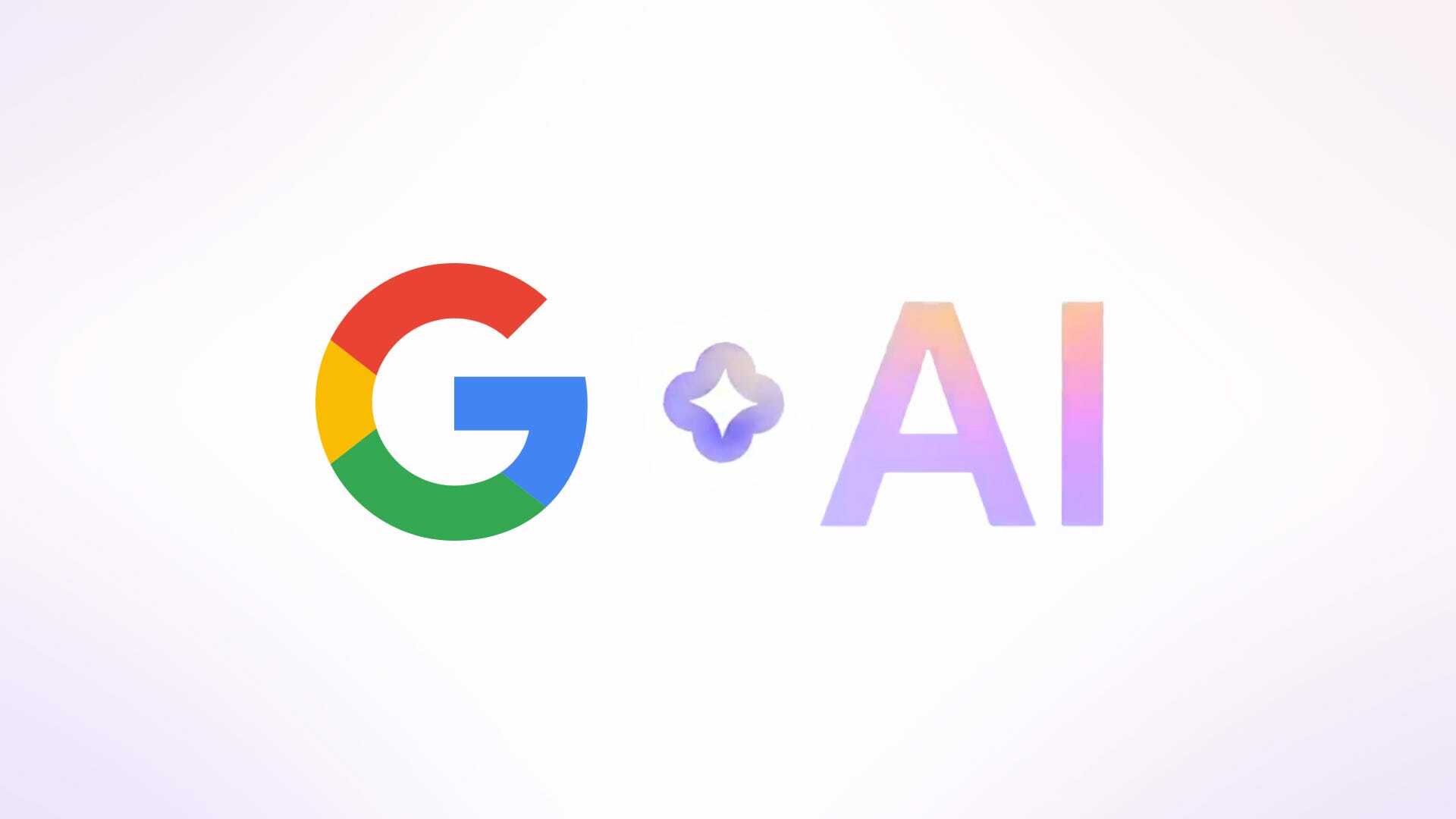
In the fast-evolving realm of artificial intelligence (AI), Google has firmly established itself as a trailblazer. With its continuous pursuit of innovation, Google AI has been making waves and setting new standards. One significant testament to this relentless pursuit of excellence is the recent 60 Minutes special that delved deep into the heart of Google’s AI developments. In this article, we embark on a journey to explore the groundbreaking aspects of 60 Minutes Google AI. From Google Labs to Gmail AI, from SGE while browsing to Generative AI in Search, we’ll uncover the transformative power of Google AI and its implications for the future.
Read more: Chat GPT Stock: Is OpenAI Publicly Traded? The Complete Guide
Table of Contents
Understanding Google AI
Before diving into the specifics of Google AI as featured on 60 Minutes, let’s take a moment to understand what Google AI is and why it’s such a hot topic in today’s world.
Google AI refers to the suite of artificial intelligence technologies developed by Google. These technologies encompass various aspects of AI, including machine learning, natural language processing, computer vision, and more. The overarching goal of Google AI is to make services and products smarter, more intuitive, and more user-friendly.
Google Labs: Innovation at its Best
One of the highlights of the 60 Minutes special was Google Labs, the breeding ground for innovation within Google. Google Labs is where the company’s most audacious experiments come to life. These experiments often serve as a glimpse into the future of technology.
Within Google Labs, AI takes center stage. Researchers and engineers are constantly pushing the boundaries of what AI can achieve. From developing AI-powered art generators to creating AI-driven healthcare solutions, Google Labs is a playground for innovation.
A notable project within Google Labs is Magenta, an open-source research project exploring music and art generation with AI. It’s a prime example of how Google is harnessing AI for creative endeavors. Imagine a world where AI helps artists compose music or generate stunning visuals. It’s not science fiction; it’s Google Labs.
Gmail AI: Revolutionizing Email Management
Who hasn’t experienced the email overload conundrum? This is where Gmail AI steps in. The 60 Minutes special highlighted how Gmail AI is changing the way we manage emails.
Imagine you receive a lengthy email with several questions. Instead of laboriously typing out responses, Gmail AI offers you smart reply suggestions that save time and effort. It’s like having a personal assistant for your inbox.
Moreover, Gmail AI can categorize your emails into primary, social, and promotional tabs. It learns from your behavior and preferences, ensuring that your most important emails always surface at the top. This level of personalization is made possible by AI algorithms working tirelessly in the background.
SGE while Browsing: A Game Changer in Search
When you type a query into Google Search, you expect relevant results. But have you ever wondered how Google has become so proficient at understanding your intent? The answer lies in SGE: Search, Generate, and Execute while Browsing.
SGE is a complex AI-driven system that aims to improve search results. It analyzes not only the words you enter but also the context and your past behavior to predict what you’re looking for. This enables Google to deliver highly tailored search results that match your intent accurately.
For example, if you’re searching for “best Italian restaurants,” SGE will not only provide you with a list of top-rated Italian restaurants but also consider factors like your location and previous restaurant searches. This personalized touch is all thanks to AI.
Generative AI in Search: Predicting User Intent
Google Search has become an indispensable part of our lives. Whether you’re looking for information, products, or services, Google Search aims to provide you with the most relevant results. And it’s becoming even more efficient, thanks to Generative AI.
Generative AI in Search is all about predicting user intent. When you start typing a query, Google’s AI algorithms kick into action. They analyze the partial query, your location, your browsing history, and various other factors to anticipate what you’re searching for.
This predictive power means that you often find what you need before you even finish typing your query. It’s like having a conversation with a search engine that understands you better than ever before.
Case Studies: Real-world Applications
To appreciate the true impact of Google AI, it’s essential to look at real-world applications. Let’s delve into a couple of case studies that demonstrate how Google AI is changing industries and businesses.
Case Study 1: Healthcare Revolution
In recent years, Google AI has been making significant strides in the healthcare sector. One standout example is the use of AI to analyze medical images. With AI’s assistance, doctors can detect diseases like cancer more accurately and at an earlier stage. This translates into higher survival rates and improved patient care.
Case Study 2: Self-Driving Cars
Google’s self-driving car project, Waymo, relies heavily on AI to navigate and make real-time decisions on the road. These AI-driven vehicles have the potential to revolutionize transportation by reducing accidents and providing greater mobility to people with disabilities.
Future Outlook: Google AI’s Ongoing Evolution
As we look ahead, it’s clear that Google AI’s journey is far from over. The 60 Minutes special serves as a testament to Google’s commitment to AI research and development.
One can only speculate about the future of Google AI, but some trends are already emerging. Expect AI to become more integrated into our daily lives, from personalized virtual assistants to AI-powered healthcare diagnostics.
Conclusion
In conclusion, the 60 Minutes Google AI special shines a spotlight on the transformative power of artificial intelligence. From Google Labs’ audacious experiments to Gmail AI’s email management revolution, from SGE while browsing to Generative AI in Search predicting your intent, Google AI is reshaping the digital landscape.
Stay tuned to Google’s AI developments, as they are shaping the future of technology in ways we can only imagine. As AI continues to evolve, so too will our understanding of what’s possible.
FAQs (Frequently Asked Questions)
1. What is Google AI?
Google AI refers to Google’s suite of artificial intelligence technologies, including machine learning and natural language processing, designed to make services and products smarter and more user-friendly.
2. What is Google Labs?
Google Labs is a hub for innovative experiments within Google, often involving AI and cutting-edge technology.
3. How does Gmail AI improve email management?
Gmail AI offers smart reply suggestions and categorizes emails to streamline email management, making it more efficient and user-friendly.
4. How does Generative AI in Search work?
Generative AI in Search predicts user intent by analyzing partial queries, location, browsing history, and other factors, providing more
